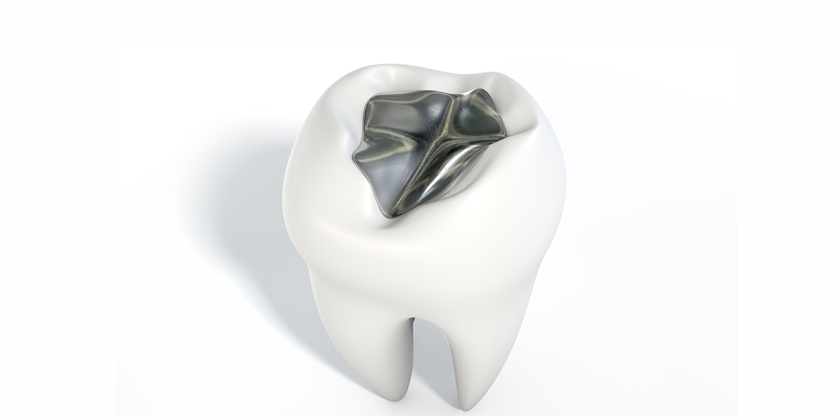If you are facing an issue with the cavities, one of the best solutions out there is dental fillings, and the most common way of providing it is dental bonding. A composite resin is used for filling, after the dentist cleans out the decay. Once hardened, the dentist buffs and polishes the tooth. Although, it is a proven method for treating cavities, it doesn’t guarantee full-proof protection against tooth decay. Decaying can happen underneath the filling, if it is damaged or loose. There are a few important things you should know about dental fillings, and why is it important to see a dentist, in case you encounter some sort of damage.
Even a minute crack in the dental filling can make way for bacteria to sneak into your mouth, between your tooth and the filling. You may need a root canal, if decay reaches the pulp. There are some common habits that can do more damage to any dental operation you have received. Here are a few of them!
Chewing Crunchy or Hard Foods
Dental fillings are prone to cracking, just like your teeth. Chewing hard foods can be painful, if the fillings crack. Putting unnecessary stress on something that is artificial and not of the same quality as the original is a suicidal habit.
Too Much Grinding
Basically known as bruxism, constantly grinding your teeth can take a serious toll on the teeth surface. It can wear down quickly, thereby cracking your dental fillings in quick time.
Biting Hard
The chance of damaging your dental filling is maximum, when you bite down too hard on it. The filling is designed to bear a certain amount of pressure beyond which, it can eventually break down.
What are Some of the Common Symptoms of a Damaged Dental Filling?
- Sensation of pain while biting down food. This can also be an indication for improper shape of the filling.
- A piece of a filling coming out
- Uneven edge on the filling can also be a factor
- The filling is loose and can be easily moved.
- Increased sensitivity to beverages, sweet, hot and cold foods.
- Toothache in the filled tooth.
There should be no ambiguity in understanding that dental fillings are not permanent solutions. They can generally last between a couple of years to a decade. It all depends on your oral hygiene and habits.
In order to extend the life of your fillings, follow these useful tips:
- Avoid eating too much of crunchy or hard foods.
- See a dentist, as soon as you experience any change in the dental fillings.
- Maintain a good oral care hygiene. Apart from flossing once a day and brushing twice, pay a visit to the dentist for professional cleaning twice a year.
For more details or to schedule a dental appointment, contact Dr Alex Rubinov in New York. We are committed to providing you and your loved ones with the best dental care at the most reasonable consultation and treatment charges.

